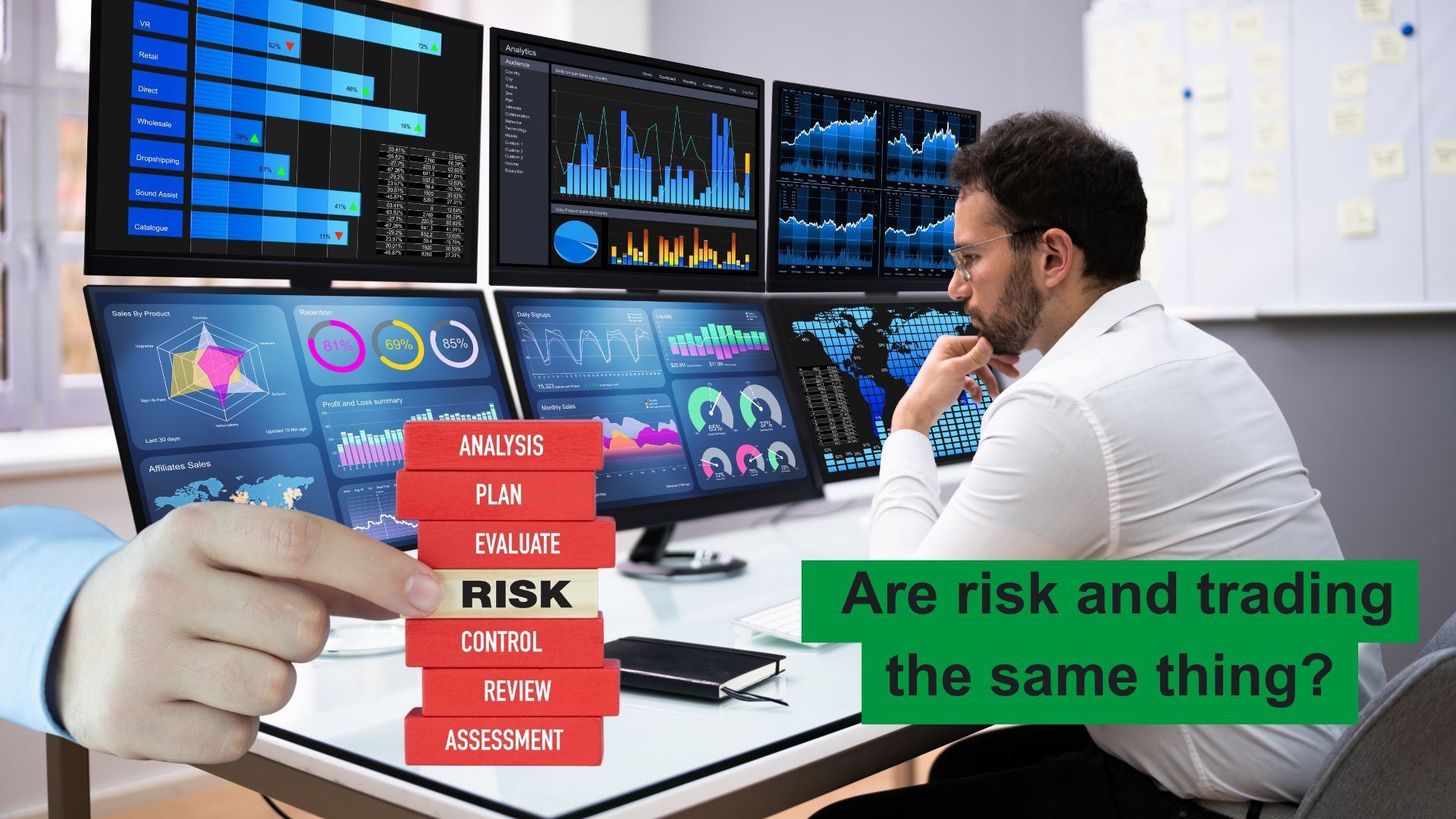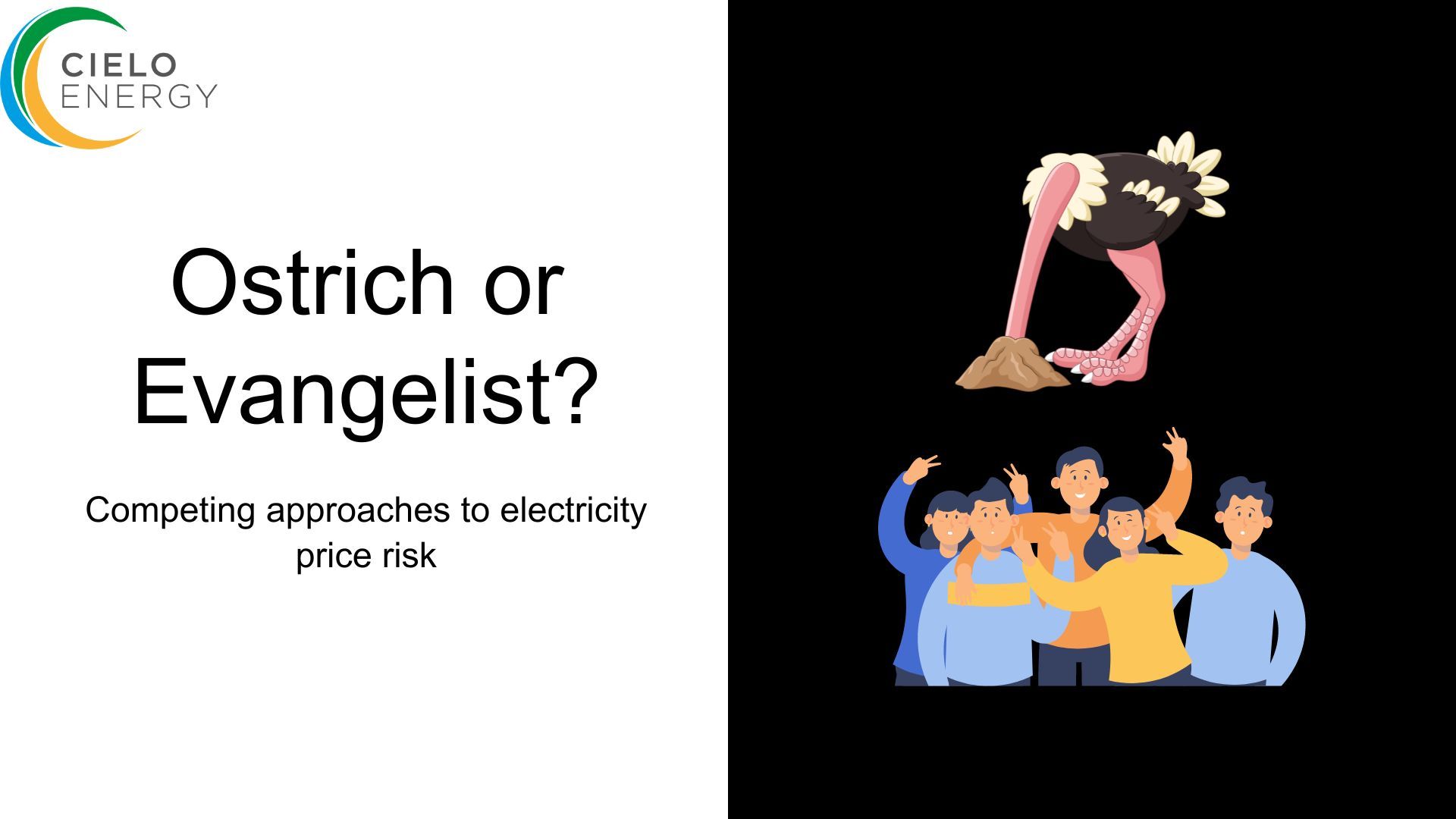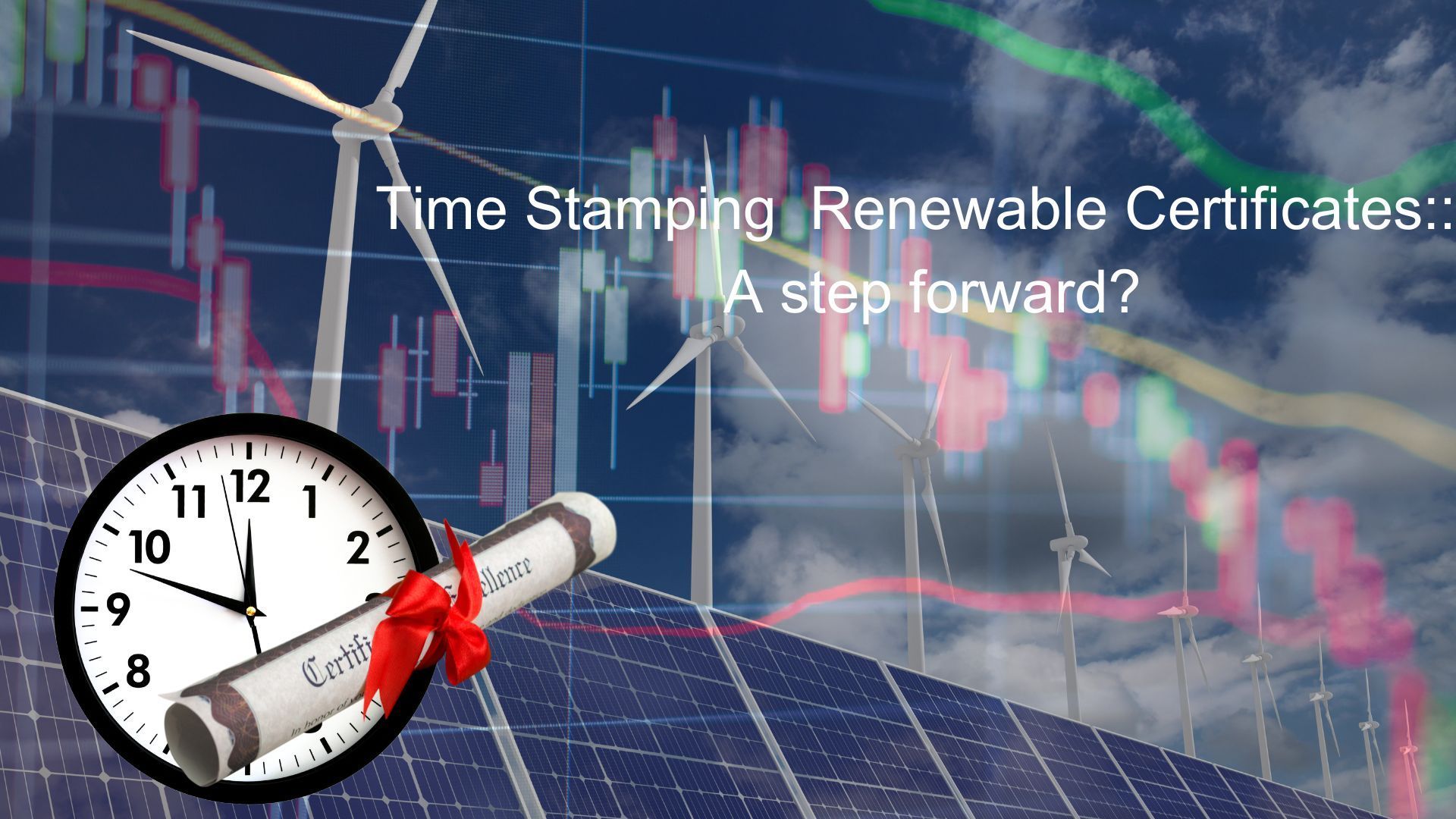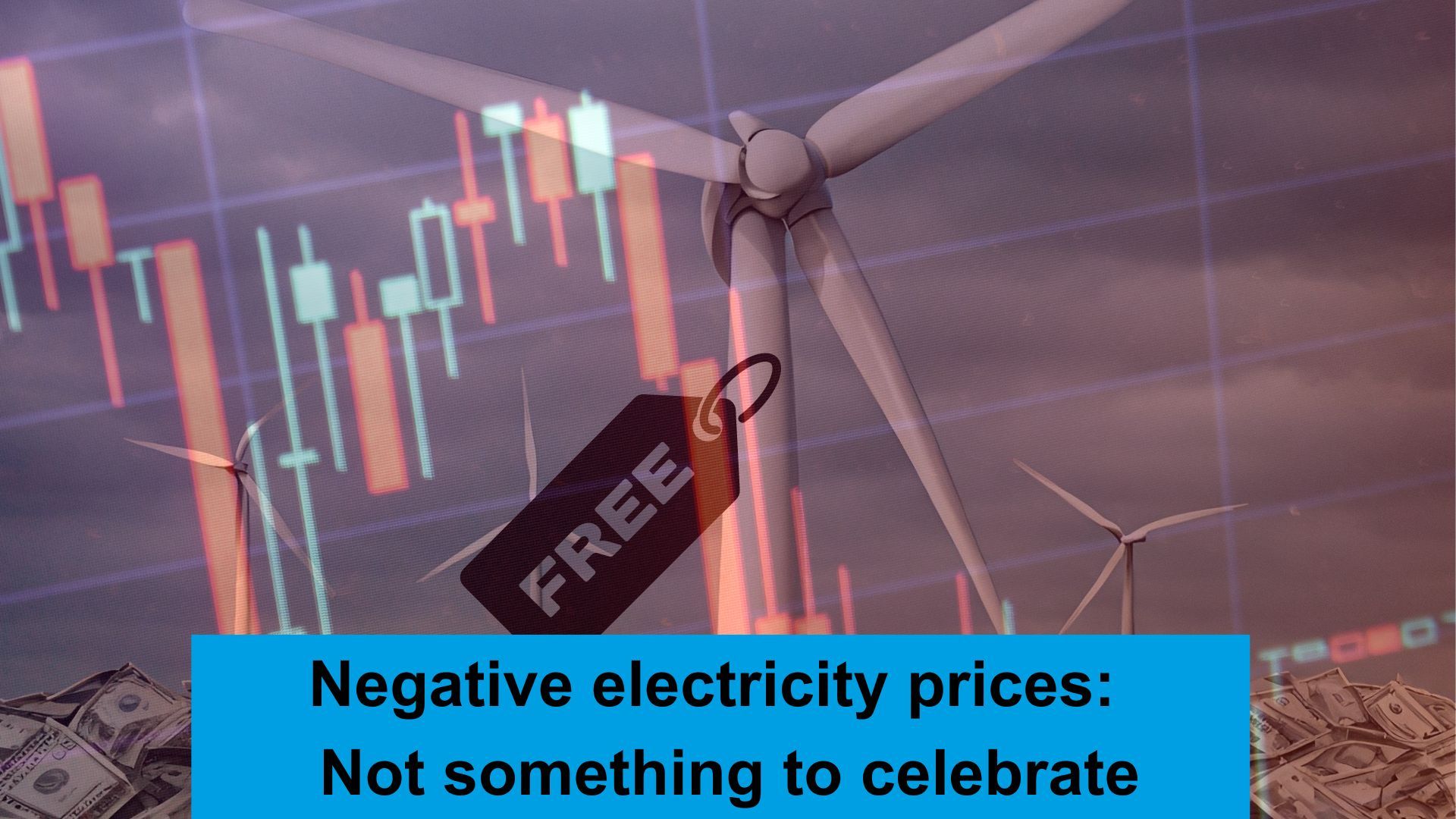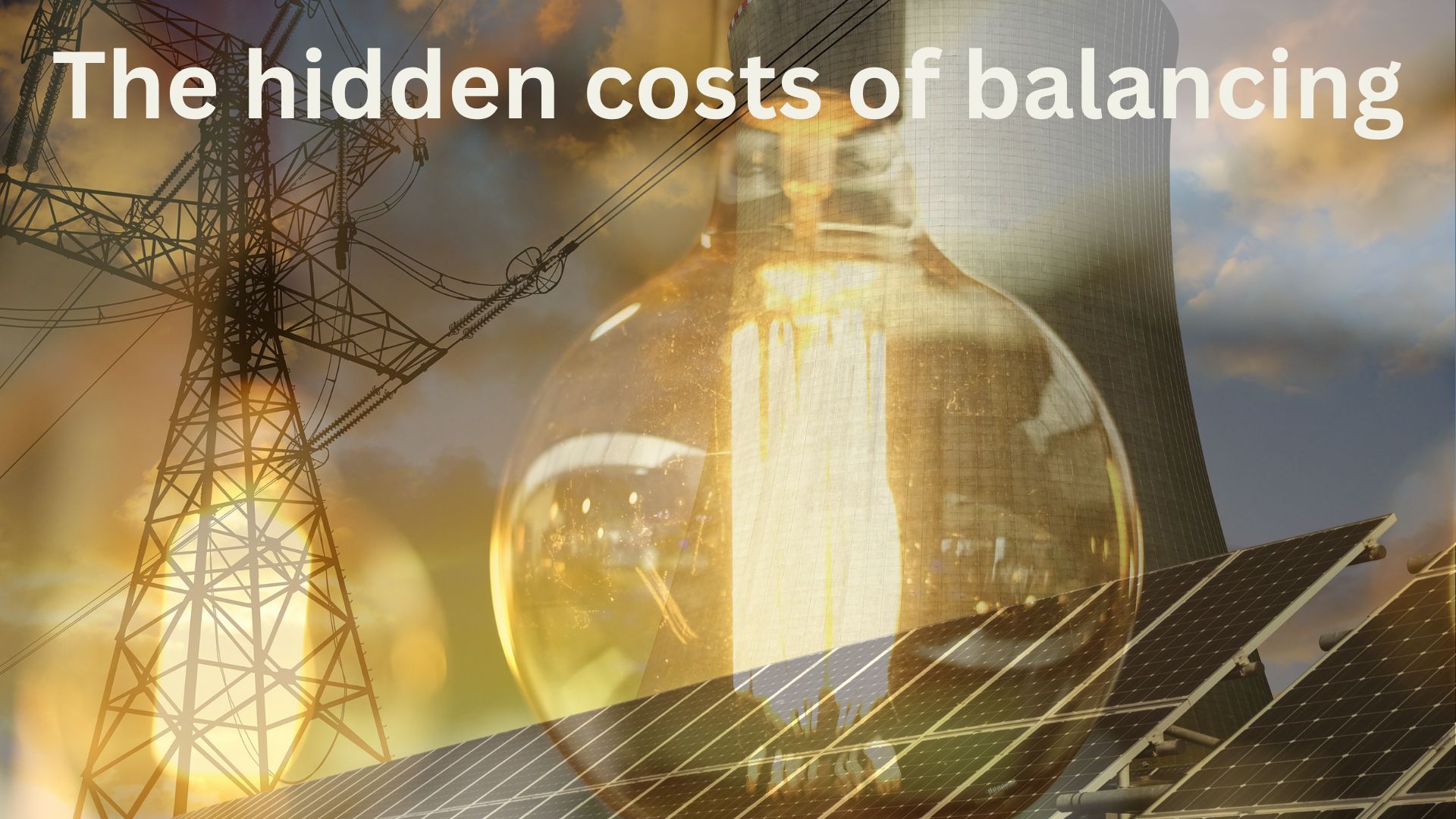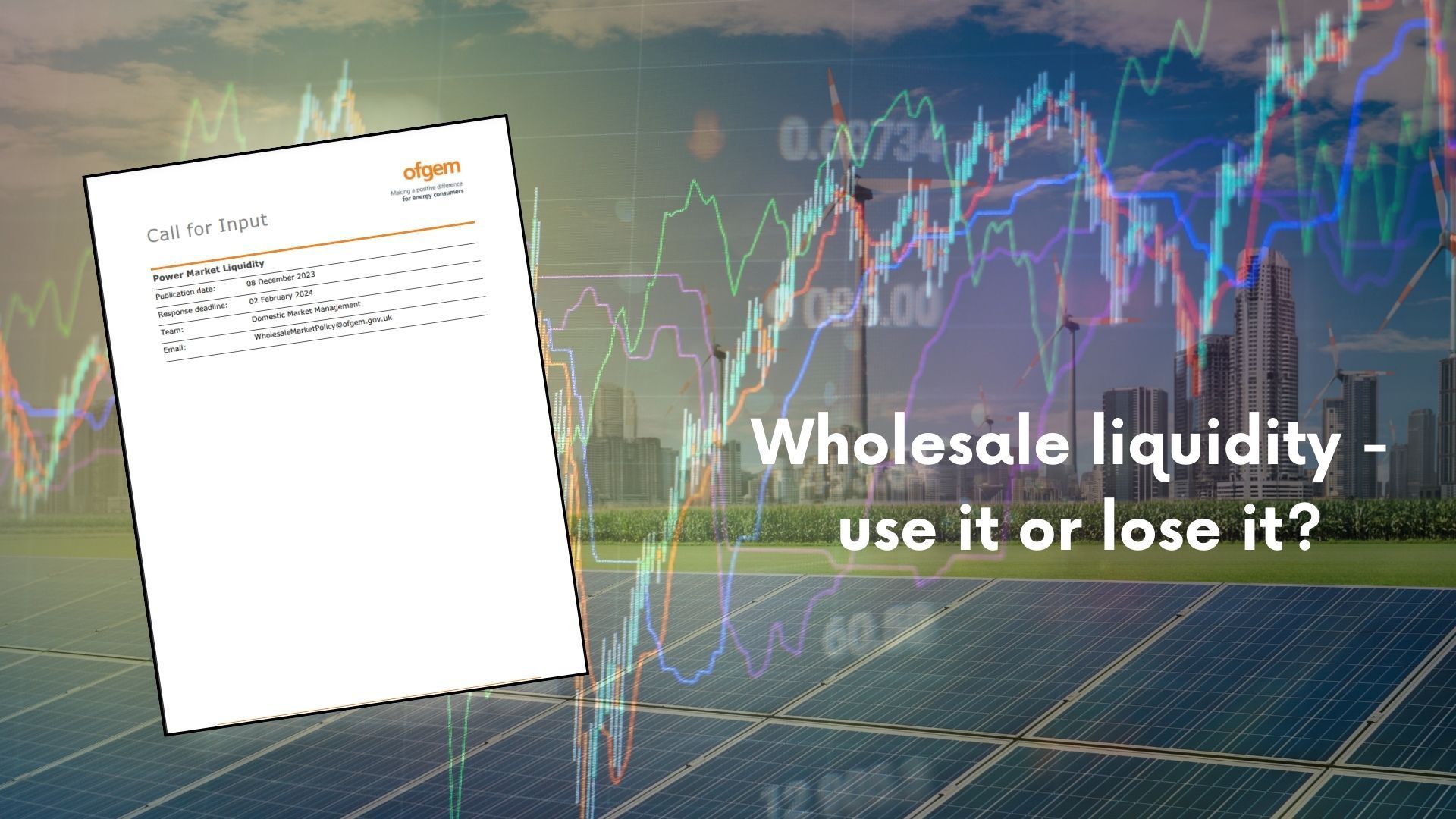Having an objective to your approach to market is critical to success

There are many ways to get it right in how you approach the energy market, there are also many ways to get it wrong – and it tends to be these that result in failure at either a corporate or individual level.
Do you know the difference between hedging and trading? Do you know what a stop loss is?
As a trader I was once told something by a wiser head than mine that has always stuck with me –
‘𝐭𝐡𝐞 𝐦𝐚𝐫𝐤𝐞𝐭 𝐜𝐚𝐧 𝐫𝐞𝐦𝐚𝐢𝐧 𝐢𝐫𝐫𝐚𝐭𝐢𝐨𝐧𝐚𝐥 𝐥𝐨𝐧𝐠𝐞𝐫 𝐭𝐡𝐚𝐧 𝐲𝐨𝐮 𝐜𝐚𝐧 𝐫𝐞𝐦𝐚𝐢𝐧 𝐬𝐨𝐥𝐯𝐞𝐧𝐭’.
A simple but humbling view of the importance of knowing what you’re doing, why and sometimes admitting you’re wrong.. and always know why you are taking a position. As apt to hedging a physical position as it is to speculative trading.
The best time to review your approach to the energy market was yesterday, the next best time is today.
𝐖𝐡𝐲…?
Having a clear rationale of why buy /sell decisions are made is always better than simply doing the same thing over and over and hoping.
There can surely be nobody left in Europe that doesn’t know how volatile energy prices can be, but from a business perspective there are still generators and consumers with major exposures to energy prices that don’t have a clear approach to market.
Its always possible to get lucky – and there are plenty of traders that say they would rather be lucky than good; but that’s hardly the best way to approach a strategic approach to managing energy risks.
𝐒𝐨 𝐰𝐡𝐚𝐭 𝐢𝐬 𝐭𝐡𝐞 𝐫𝐢𝐠𝐡𝐭 𝐩𝐨𝐬𝐢𝐭𝐢𝐨𝐧 𝐭𝐨 𝐭𝐚𝐤𝐞….?
If only there was a simple answer that was right for everybody.
Clearly sellers would like to sell at the top, and buyers would like to buy at the bottom, but that is simply not realistic, so answering some basic questions is a key starting point…
What is your starting position? How good/bad is compared to where you’d like to be?
What is the target price/ position / profile? Why?
How much risk can you afford to take – over what period. Why?
What happens if the limit is breached?
With a clearly targeted approach to market boards know what is going to happen, and those doing the buying/selling know they have authority to act.
𝐀𝐜𝐭 𝐧𝐨𝐰, 𝐬𝐥𝐞𝐞𝐩 𝐛𝐞𝐭𝐭𝐞𝐫, be sure that your business is set up for a sustainable future. Much better than a corporate version of roulette.
Share this on social media

